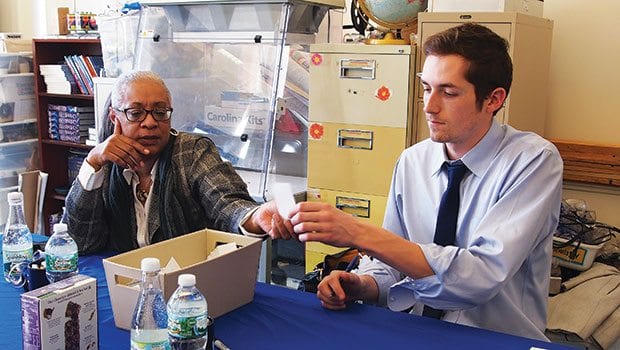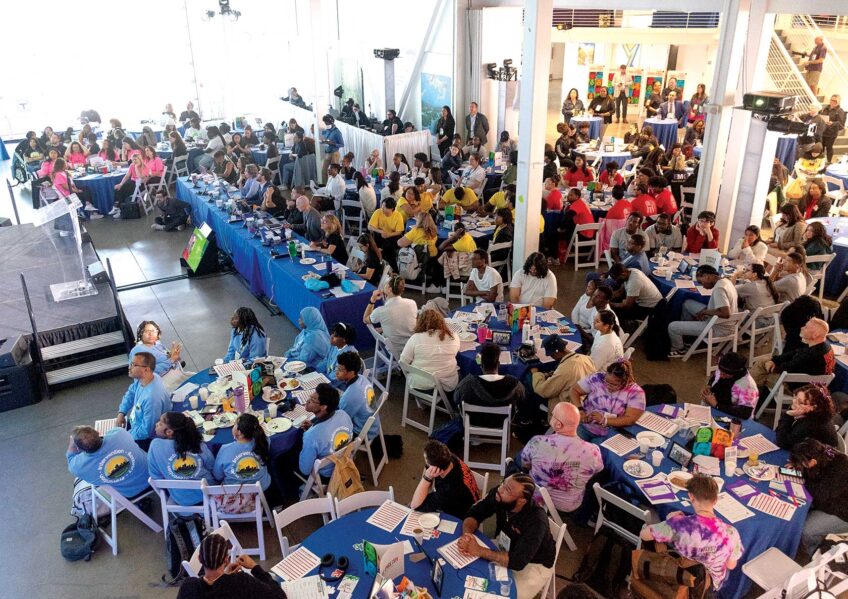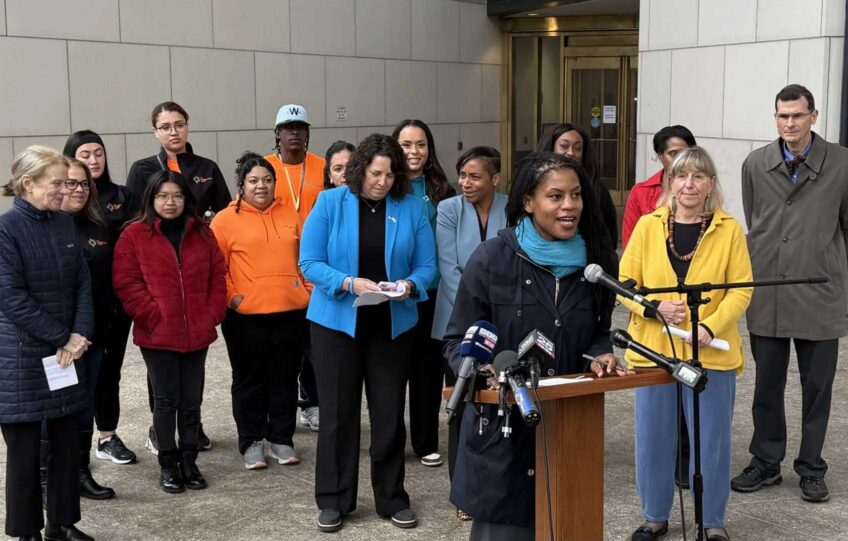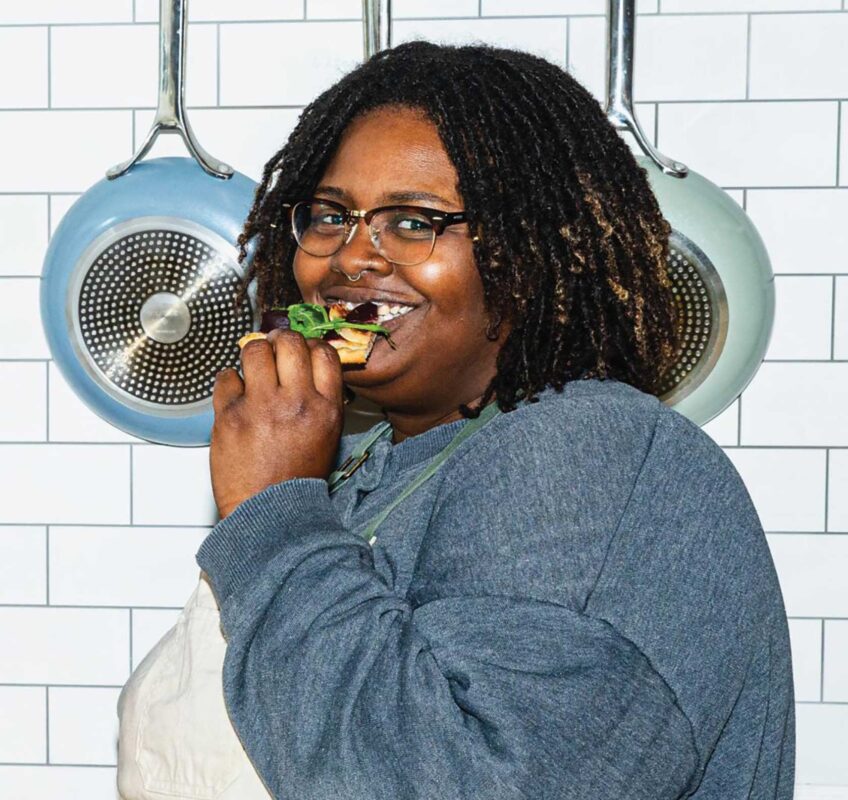
The debate on charter schools heated up last week when three prominent Boston-area attorneys signaled their intent to file a lawsuit against the state, charging that the current statewide cap on charters violates students’ civil rights by limiting their access to quality education. Education activists, however, are questioning the claim that the charter cap constitutes a civil rights violation, pointing to what they say is a two-tier educational system that charter school expansion could potentially make worse.
Heshan Berents-Weeramuni, a parent with two children at the Mary Curley elementary school in Jamaica Plain, says it makes him angry that the issue is being framed by those behind the lawsuit as a civil rights issue. He describes charter schools as having “gotten rid of all the bad test-takers” and creating the kind of learning environment where children with special needs or behavioral issues are expelled. The suspension rate in Boston charter schools — 17.3 percent — is nearly three times the 6.2 percent suspension rate in the city’s district schools.
Berents-Weeramuni says people should focus on fixing the district school system instead of creating a “new system that’s publically funded but privately run.” He also emphasizes that while charter school proponents often use the concept of choice to make their case, his freedom of choice is being lost in the conversation.
“I don’t feel I’m trapped in a school,” he says. “I’m trying to defend it. We don’t have a voice in this, but stuff is being done in our name that we don’t agree with.”
Berents-Weeramuni’s concern about how charter schools affect his choice to keep his child in the district school system stems from the way that charter schools affect school funding allocations. When a child leaves a traditional public school to go to a charter school, the amount of funding that would have covered his expenses in the district school goes with him. The state is required by law to partially reimburse the school district for this loss of funding, but the Legislature did not allocate funds to do so fully in 2013 and 2014, fueling concerns about the effectiveness of the current reimbursement scheme.
Odette Williamson, a mother who has one child in the Boston Public Schools and another in a charter school, shares many of Berents-Weeramuni’s concerns. Williamson says she doesn’t see it as an either/or stand-off between the types of schools. She thinks much of the rhetoric of charter and choice “doesn’t reflect the reality that some people choose a public school.” She says that she chose to send her daughter to a charter school because it seemed like the better long-term solution for her. But she also was glad she could keep her son in the district school because a charter’s model, especially the strict disciplinary environment, would not be a good fit for him.
Education equity
Williamson says while she’s happy to have the choice of a charter school available, she’s opposed to lifting the state’s charter cap because of the net effect that would have on the overall quality of the district schools and the civil rights of students there.
“Before you expand, you need to think about how expanding charters will impact kids in district schools who really need those resources,” she says.
Williamson also is opposed to the manner in which proponents of lifting the cap now approach the issue, calling a lawsuit a “blunt instrument” to achieve education reform. She says that going to court subverts the democratic process of making collective decisions.
“Why not build your base of support and build the argument?” she asks of those filing the lawsuit.
However, Marc Kenen, the Executive Director of the Massachusetts Charter Public School Association, is emphatic that because charters are “schools of choice,” it’s a mistake to critique them as causing a two-tier education system. He also points to the fact that the Boston charter school African-American student population (52 percent) is higher than that of the district population (34 percent), and its English Language Learner student population, while lower than the district level (30 percent), is growing: the average of ELL students for Boston charters overall is 11 percent, but the average for ELL students in Boston charters opened since 2010 is almost 19 percent. These newer charter schools also have a higher average of low-income students (81 percent) than the district system (78 percent).
As for the question of discipline, Kenen says, “our schools don’t make any apologies” for a school environment that he terms successful. He emphasizes that most student suspensions are in-school, effective at correcting student behavior, and do not lead in any significant number to longer-term issues such as highly disciplined students eventually dropping out.
Complex challenge
The wide range of attitudes toward charters has created a complex challenge for elected officials to navigate. Last year, a compromise bill was drafted following discussions between charter school proponent state Rep. Russell Holmes and state Sen. Sonia Chang-Diaz, co-chair of the Legislature’s Joint Education Committee. Chang-Diaz expressed reluctance to expand the number of charter schools without first addressing how the move would affect district school funding. The compromise bill would have tied the state’s charter school cap increase to full state reimbursement for districts losing students to charters. However, in the end the bill failed by a Senate vote of 26 to 13.
Rep. Holmes told the Banner this week that while he hadn’t yet obtained all the details on the proposed lawsuit, he thought it was a “very appropriate” way to “continue the conversation,” given the longstanding nature of the debate and the need for answers. He said he stood by his position that the cap should be lifted and tied to state reimbursement, as stipulated in last year’s failed bill.
Holmes also cited recent conversations with constituents who were particularly concerned about the need for quality high schools, an ongoing problem that charter schools could help address.
Chang-Diaz told the Banner that the lawsuit represented how “people are trying to find solutions to a terrible problem … of thousands of kids in both district and charter systems going without an adequate education.”
However, she posed her own question for those leading the lawsuit: “How is the situation this lawsuit describes different from the child who applies to multiple highly-selected schools in the BPS lottery and doesn’t get a spot in any of those? Why does one deserve our attention more than the other?”
Chang-Diaz added that as the discussion moves forward this year, she hopes a solution is found that does “right by students in both systems: charter and district,” a prospect she described as “very possible.”
Rahsaan Hall, the Deputy Director of the Lawyers’ Committee for Civil Rights and Economic Justice, told the Banner that while the group does have concerns about the proposed lawsuit, they would have to wait to see the specific nature of the complaints before commenting further. He said the Lawyers’ Committee hopes to discuss the matter directly with the plaintiffs and the Attorney General, although a meeting among the parties has not yet been scheduled. Requests for comment from the Boston NAACP were not returned by press deadline.






